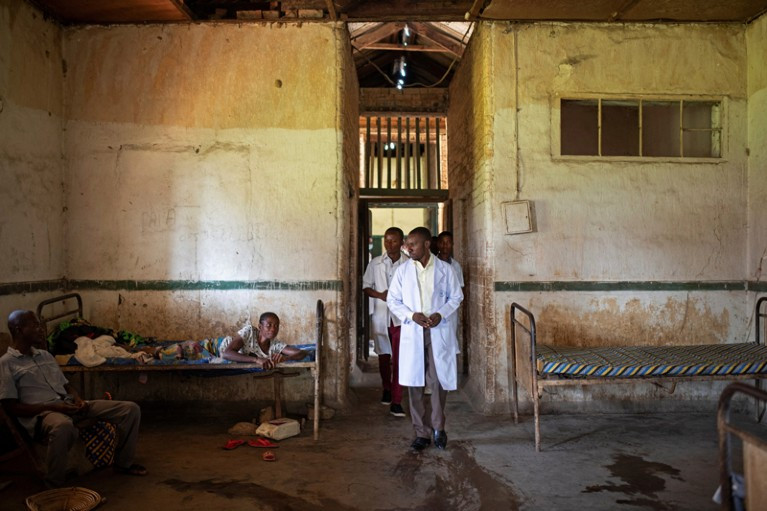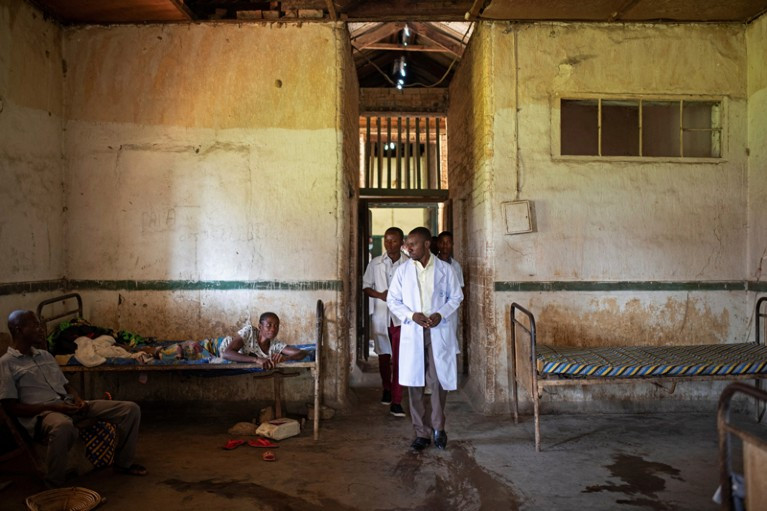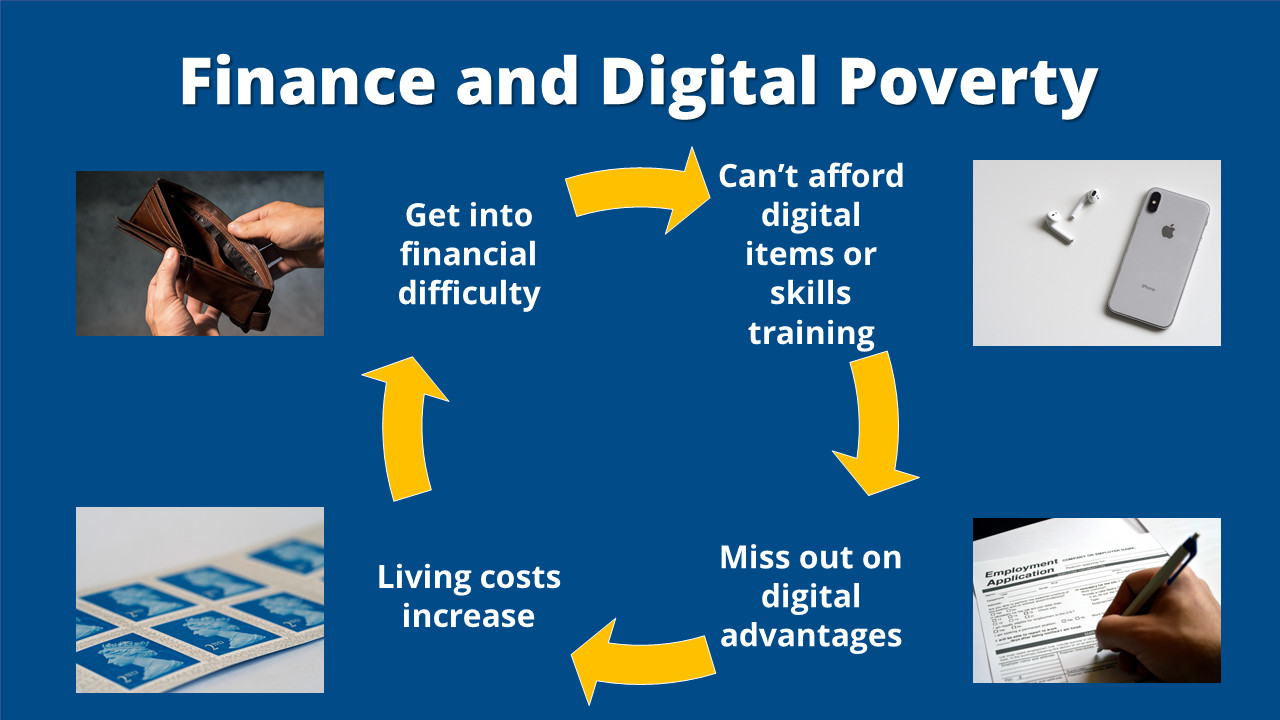The World Health Organization (WHO) is convening an emergency meeting to assess the threat from a complex mpox situation in Africa. The meeting comes amid a surge in cases, particularly in the Democratic Republic of Congo (DRC), and the spread of a novel clade beyond the DRC, as well as outbreaks in multiple countries involving two earlier clades.
The WHO Director-General, Tedros Adhanom Ghebreyesus, PhD, announced the emergency meeting, stating that the decision was based on the spread of a novel mpox clade outside the DRC and the potential for spread to other African nations and the rest of the world. The outside expert group will meet as soon as possible.
The DRC has been experiencing a severe outbreak since 2022, with more than 14,000 cases reported this year, 511 of them fatal, according to the WHO. The outbreak in the eastern DRC, originally centered in South Kivu and now in North Kivu provinces, is due to a novel clade 1b virus that is thought to cause more severe disease than other clades.
This strain of mpox has also spread to neighboring countries. Four neighboring countries that haven't reported mpox cases before have recently reported 50 confirmed illnesses, along with other suspected cases. The clade 1b virus has now been confirmed in Kenya, Rwanda, and Uganda, and the clade in Burundi is still under investigation.
At the same time, the mpox clade 1a virus—endemic in some African countries—is fueling outbreaks in other parts of the DRC, as well as the Central African Republic and the Republic of Congo. And the global clade 2 strain has triggered outbreaks in Cameroon, Ivory Coast, Liberia, Nigeria, and South Africa. Clade 2 is the strain that caused the global outbreak that began in 2022.
The Urgent Need for Action
The WHO has already drawn up a regional response plan that will require $15 million and has freed up an initial $1 million from its emergency contingency fund. Tedros said he has started the process for emergency use listing of two mpox vaccines already approved by some nations in the region and already recommended by the WHO's vaccine advisory group.
"WHO is grateful to Japan, the United States, the European Union, and manufacturers for working with us on vaccine donations," he said.
Rosamund Lewis, MSc, the WHO's technical lead on mpox, said scientists are still assessing whether the new clade is more transmissible and severe, but she said it seems to be transmitting efficiently through sexual contact, especially through interlinked sexual networks that can fuel rapid spread, and has been linked to some severe infections and deaths. She added that household contact, fomites, and respiratory spread may be contributing to the spread of the virus.
A Complex Situation
Most affected patients are adults, but children are more vulnerable, Lewis said, adding that severity is dependent on circulation context.
The overall case fatality rate in the DRC is 3.6%, with higher rates seen in endemic areas of the country's central, western, and northern provinces and lower rates in the eastern part of the country. Death rates have been highest in children, who are contracting the virus through household contact, and lower in adults who contract the virus through sexual transmission. Lewis said the proportion of infections in sex workers has dropped some as the virus spreads in the community to students, business people, and travelers.
She said the outbreaks are complex and require contextualized and localized responses.
Maria Van Kerkhove, PhD, acting director of WHO’s Department of Epidemic and Pandemic Preparedness and Prevention, said scientists still need to learn more about the epidemiology to tackle the multicountry outbreaks, which she said will help form tailored response approaches. "It's a plea and thank you for the sequencing that's being done and to ask for even more," she said.
The Role of Vaccines and Treatments
The WHO has begun the Emergency Use Listing process for both approved mpox vaccines, aiming to expedite access for lower-income countries that have not granted their own approval. Two countries in the region, Nigeria and the DRC, have approved mpox vaccines for emergency use.
The CDC advises anyone who has traveled to the DRC or its neighboring countries in the past 21 days and who has developed an unexplained rash to seek medical care immediately and avoid contact with others.
Stopping transmission will require a comprehensive and international response, Tedros said. WHO has developed a regional response plan requiring $15 million and has released $1 million from the WHO Contingency Fund for Emergencies to support of the response, he said.
The organization has also called for international support and cooperation to quell the outbreak.
"It was frankly amazing that even in the large-scale outbreak we had around the world, there was no funding made available for the control of that at international level," said Dr. Michael Ryan, executive director of WHO’s Health Emergencies Program. "We’re having to, once again, dip into the contingency fund for emergencies to begin the process. It’s very important that we have a better understanding of this virus. It’s a virus that can be contained. It can be contained quite straightforwardly, if we do the right things at the right time."
The Path Forward
The WHO is calling for a comprehensive response to the mpox outbreak in Africa, including increased surveillance, vaccination, and treatment efforts. The organization is also working to improve communication and coordination among countries in the region.
The ongoing situation highlights the importance of global health security and the need for international collaboration to address emerging infectious diseases. The mpox outbreak in Africa serves as a stark reminder that infectious diseases can spread rapidly across borders, and that swift action is needed to contain them.


















